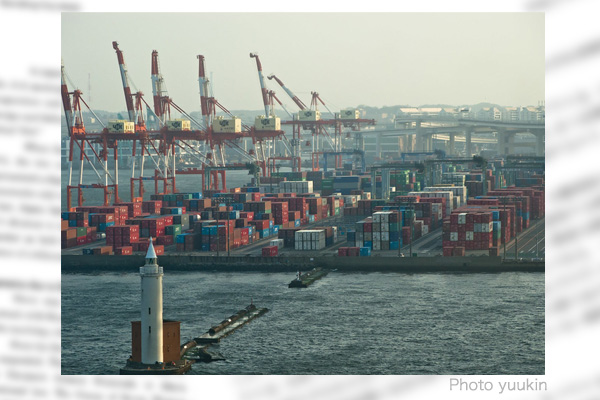Japan-South Korea relations are heading toward normalization after Seoul announced a solution to the issue of wartime Korean workers in Japan. It is important to take advantage of the South Korean action and solve comprehensively bilateral pending problems. What Seoul expected from Tokyo is to lift a tighter export control measure introduced in 2019. Tokyo seems to have made concessions regarding the matter from a “big-picture perspective” at the initiative of the Prime Minister’s Office. As a matter of course, a big-picture perspective is necessary and the Prime Minister’s Office can instruct other government agencies to make concessions. What is important is the content of concessions. A big-picture perspective is not the same as an illogical concession.
Unless Japan has standards to clarify what it cannot concede to, it may make unprincipled concessions. What Japan cannot concede to is the prioritization of rules. In this sense, the concessions regarding the export control could lead to troubles in the future.
Two concessions made on export control
On the day when Seoul released the solution to the issue of wartime Korean workers in Japan, Tokyo announced it would “promptly hold consultations to restore the state before 2019” regarding Japan’s export control. This message clearly made concessions on two points.
One is a linkage between the export control and the wartime worker issues. Tokyo has maintained that the tighter export control measure for South Korea is not a retaliation but a separate question from the wartime worker issue. But the announcement right after Seoul’s release of the solution amounts to the admission that the two issues are not separate.
Tokyo adopted the tighter export control measure to exempt South Korea from blanket approval on semiconductor material exports because South Korea had export control problems. In some cases, inappropriate transactions were done under lax South Korean control. Although close dialogue is indispensable with Group A (formerly white) countries subject to blanket export approval, South Korea has refused to hold dialogue with Japan. Unless these problems are resolved, Japan should not withdraw the tighter export control measure.
This point is important for the United States as well that has called for improving Japan-South Korea relations. At a time when Washington enhances restrictions on semiconductor exports to China, lax South Korean export control may allow sensitive materials to be diverted to China. It is important to check South Korean export control through Tokyo-Seoul dialogue.
The second concession is the use of the word “consultations.” Export control is imposed by each country independently and unsuitable for “consultations” that imply negotiations with other countries. This is the reason why Tokyo has held fast to “dialogue.”
A day after the Japanese government announcement, Economy, Trade and Industry Minister Yasutoshi Nishimura made adjustments to the announcement:
“Export control revisions are not subject to consultations with any other country. Japan will check the effectiveness of South Korean export control through dialogue and make an independent decision.”
However, the written announcement that used the word “consultations” clearly represents Japan‘s problematic concession.
What should be retained irrespective of government changes
Both points were conflictive at a Japan-South Korea summit in 2019. Then Japanese Prime Minister Shinzo Abe clarified Japan’s position, saying “I hope the problem would be resolved through dialogue between export control authorities.”
Japan-South Korea relations involve a risk that any agreement might be overturned with a future government change in South Korea. That is why Japan should retain the principle of sticking to rules irrespective of government changes.
Masahiko Hosokawa is a professor at Meisei University and a former director-general of the Trade Control Department at Japan’s Ministry of Economy, Trade and Industry. He is also a Planning Committee member at the Japan Institute for National Fundamentals.


